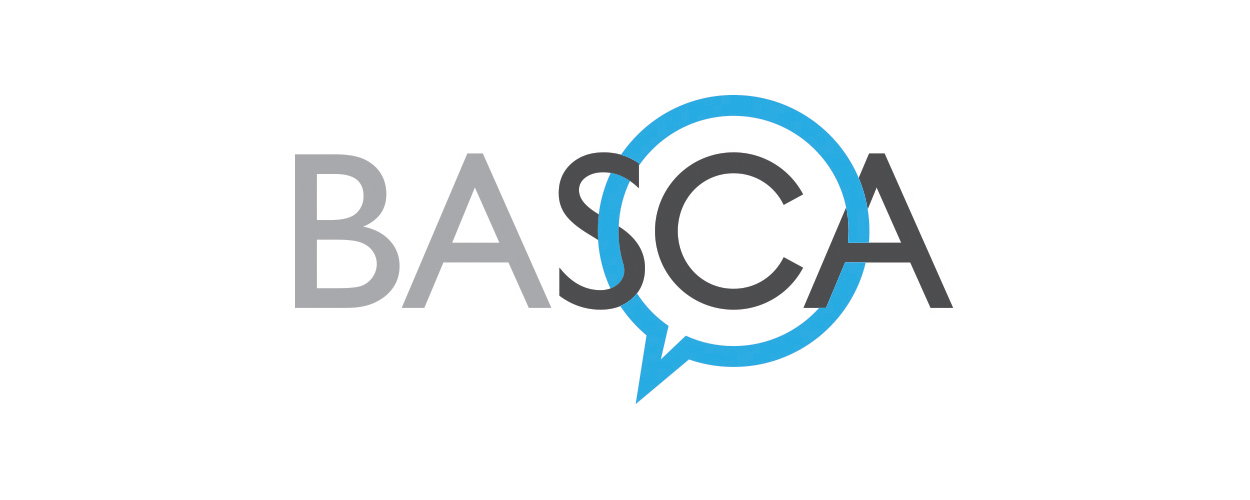This website uses cookies so that we can provide you with the best user experience possible. Cookie information is stored in your browser and performs functions such as recognising you when you return to our website and helping our team to understand which sections of the website you find most interesting and useful.
Business News Digital Labels & Publishers Top Stories
Songwriters call for publisher commitments on Spotify and Facebook cash
By Chris Cooke | Published on Tuesday 20 March 2018

BASCA has called on the global music publishing sector to ensure that any financial benefits enjoyed by the publishers as a result of Spotify’s flotation or the newly signed Facebook deals are shared with the songwriters whose works they control or represent.
On the recordings side of the music rights business there has been much debate over what will happen to the money generated when those labels which secured Spotify equity in their initial licensing deals sell their shares. Will labels share the profits with their artists? Will the majors share the profits with the indie labels they distribute? And where commitments have been made to share such monies, how will the sharing work?
Meanwhile, as Spotify gets ready to list on the New York Stock Exchange, the labels, publishers and collecting societies are all busy announcing their first ever licensing deals with Facebook. These are advance heavy deals covering the use of music in user-generated content across the social media giant’s networks.
While labels, publishers and societies have been busy communicating with the media about how great these “landmark” deals are, there has been a lot less communication with artists and managers about how the money will be distributed. Further confirmation that the music industry has a very narrow definition of what corporate communications is all about.
Artists and managers still have some questions about the Spotify equity profits and lots of questions about the new Facebook deals. However, at least some commitments – mainly on the former – have been made by the labels to their artists. BASCA, representing the songwriting community, wants similar commitments made by the publishers to its constituency.
Digital licensing is more complex on the songs side for various reasons. Deals are generally handled by the collecting societies, except for the all-important Anglo-American repertoire, where the majors and the bigger indies often negotiate directly with the digital firms. Though those direct deals must nevertheless involve the collecting societies, because they actually control some of the rights a streaming service needs to exploit.
When it comes to the processing of digital royalties, this is much more complicated on the songs side because the streaming platforms generally don’t know what songs they are streaming, the labels providing the tracks but without song information. With user-generated content where audio-recognition technology is often employed to identify what music is being used, generally such software is much better at identifying recordings than it is songs, especially where new versions of songs are being used and uploaded.
In addition to seeking commitments regarding how publishers share any financial benefits from their Spotify or Facebook deals, BASCA is also calling on the publishing sector to do all it can to “establish correct usage” on user-generated content platforms. Rather than falling back on the often criticised “assumed market share” methodology for sharing out unattributed monies. And, where accurate usage information simply isn’t available, it wants assurances monies will be “distributed equitably and transparently”.
Launching its #soldforasong campaign, the songwriter organisation states: “BASCA applauds the recent commitments by major labels to share in any financial benefits from Spotify’s forthcoming direct listing with their artists and associated indie labels, and calls for similar commitments from music publishers that any such benefits, direct or indirect, received by them from the pending Spotify direct listing or Facebook licence advances will be shared transparently and fairly with the writers they represent”.
Focusing more specifically on the recent Facebook deals, it adds: “A decade after its launch Facebook has recently concluded licensing agreements with the major music publishing companies and BASCA understand that those deals involve lump sum advance payments worth many millions of pounds. There are concerns however that no pledge has been made by music publishers to equitably share any financial benefit derived from such licences with songwriters and composers”.
Commenting on her organisation’s new campaign, BASCA boss Vick Bain says: “Facebook and other user-generated content platforms, as well as digital services such as Spotify, have benefited incalculably from exploiting our members’ work and indeed this has allowed them to become among the world’s wealthiest corporations. They, and the publishers who license music to them, have an obligation and a duty to safeguard the future sustainability of our industry and to ensure that songwriters and composers are given their fair due of these potential riches”.
Meanwhile, BASCA Chair Crispin Hunt puts the spotlight on the need for more accurate distribution of royalties, and the problems with the old school approach of sharing out unattributed income by market share. He states: “The so-called ‘evergreen’ catalogue is arguably only so verdant because it has been historically over-watered in lieu of correct data. With the potential of today’s technology for granular digital data, such anachronistic inaccuracy is no longer excusable in music: the right music must receive the right monies. If it’s played it should be paid”.





